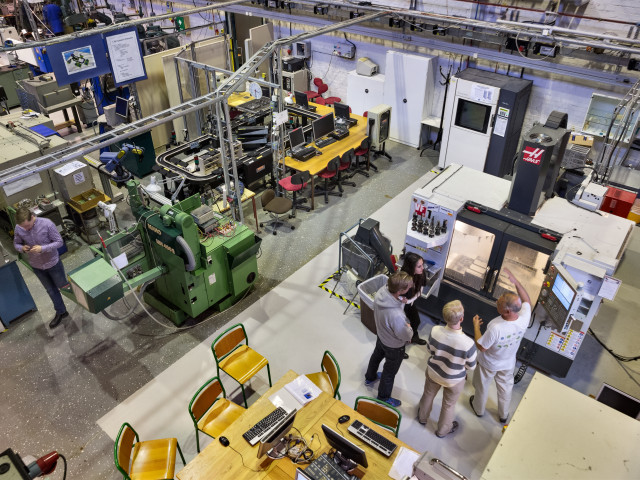HN2012 Work Environment and Economics 7.5 credits

Content and learning outcomes
Course contents
Activities within the field of work environment: quality - productivity, economic/business effects from company/organisational, and/or societal perspectives; the professional role in a consultative context (yrkesrollen i ett konsultativt arbetssätt)
Intended learning outcomes
After the course the students will be
- familiar with central concepts and methodologies within the field of work environment and economics
- able to perform basic analyses of organisational and environmental change
- able to critically examine different factors that influence the companies/ customers financial results and argue for and discuss issues within the field of work environment and economics
Literature and preparations
Specific prerequisites
Academic first degree, 180 higher education credits/ECTS, in engineering or natural sciences or equivalent education and Swedish B/Swedish 6 and English A/English 6
Recommended prerequisites
Equipment
Literature
Arbete och teknik på människans villkor; Prevent 2011. ISBN 9789173651103
Johanson, Johrén: Personalekonomi idag. Upp. 2; 2011 ISBN 9789147096398
Utdelat material på föreläsningar samt föreläsningsmaterial som finns på kursens Bilda-hemsida
Handouts from lectures as well as lecture materials which can be found on the course Bilda homepage.
Examination and completion
If the course is discontinued, students may request to be examined during the following two academic years.
Grading scale
Examination
- PRO1 - Project, 3.5 credits, grading scale: A, B, C, D, E, FX, F
- TEN1 - Examination, 3.0 credits, grading scale: A, B, C, D, E, FX, F
- ÖVN1 - Exercises, 1.0 credits, grading scale: P, F
Based on recommendation from KTH’s coordinator for disabilities, the examiner will decide how to adapt an examination for students with documented disability.
The examiner may apply another examination format when re-examining individual students.
The final grade is based on the results from all course parts
Opportunity to complete the requirements via supplementary examination
Opportunity to raise an approved grade via renewed examination
Examiner
Ethical approach
- All members of a group are responsible for the group's work.
- In any assessment, every student shall honestly disclose any help received and sources used.
- In an oral assessment, every student shall be able to present and answer questions about the entire assignment and solution.